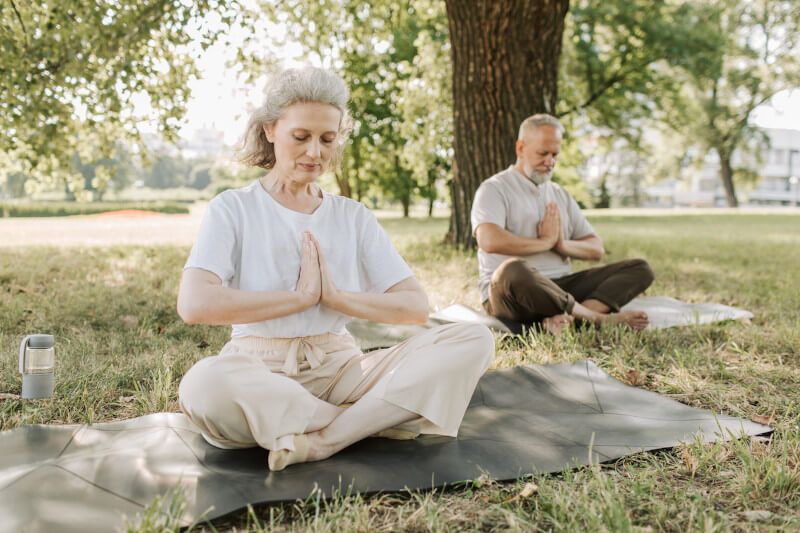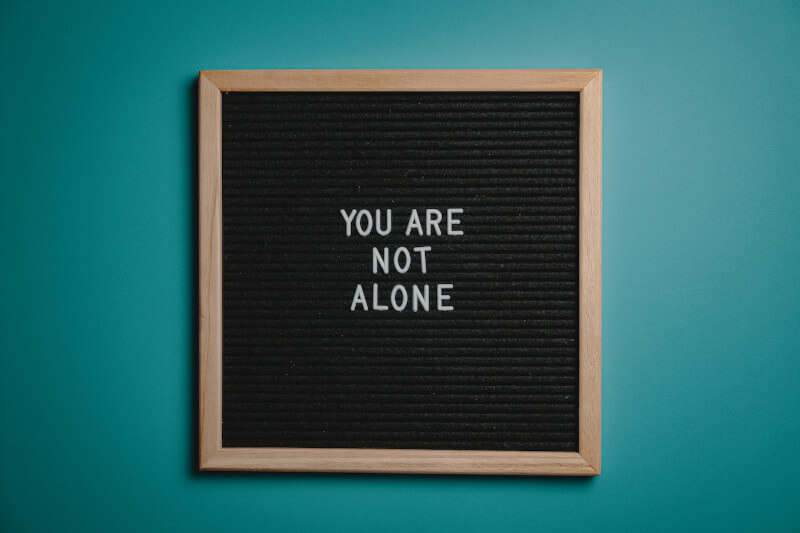Love is the force that propels people forward in life and is responsible for everything from first crushes to second marriages and blended families. Research findings have shown that the power of love extends far beyond simply improving our mood.
Research findings have shown that the power of love extends far beyond simply improving our mood. The astounding power of love extends even further than we might expect; it can improve the health of our hearts and lungs, reduce the amount of stress we experience, and even add years to our lives. Whether you are married or in a long-term relationship, being in love in a secure and stable partnership can enhance your physical, psychological, and mental well-being. This is true whether you are married or in a long-term relationship.
Improved Cardiovascular Health

The heart is often referred to as the “love” organ, and research has demonstrated that there is a real-world, physiological connection between healthy romantic relationships and good heart health. The idea that love can make one’s heart healthier and more robust is supported by a growing body of research, despite the fact that it may appear to be too promising to be true.
The findings of a study that lasted for four years and was eventually published in the Journal of the American Heart Association were quite startling. The study found that unmarried people with heart disease had a staggering 52 percent higher risk of experiencing a major cardiac event, such as a heart attack, or dying from cardiovascular problems than married individuals who had ongoing heart issues. This increased risk was seen in both men and women.
According to the findings of the same study, married individuals who experienced heart attacks had a mortality risk that was fourteen percent lower than that of their unmarried counterparts and spent an average of two fewer days in the hospital. These astounding statistics shed light on the significant role that loves plays in determining the state of our cardiovascular systems.
A Longer Life Span

In 2010, the peer-reviewed medical journal PLOS Medicine published a comprehensive review of research on the impact of loving partnerships on people’s health. The review was based on information collected from an astounding 148 studies that monitored the health of over 300,000 patients.
According to the findings of the research, people who’ve been married or in long-term relationships had an incredible fifty percent higher chance of remaining alive at the end of the experiment when compared to people who were single and not in a relationship. There are very few things that can broaden your lifespan by 50%; among the few analogies that specialists can end up making is that being involved in a serious relationship has the same beneficial impact on your health as a chain smoker giving up cigarettes.
Although we have a tendency to imagine love as a factor that solely influences our mental health, it is blatantly obvious that love also significantly contributes to the improvement of our physical health. It is impossible to adequately convey how much of a difference it makes to have love in your life.
A Sincere, Strong Connection Can Strengthen Your Lungs

Although it stands to reason that a robust love connection would improve cardiac function, several other organs benefit from being in a loving relationship as well. Surprisingly, research has shown that having healthy romantic relationships is beneficial to a person’s lungs in a significant way.
Marriage or having a romantic partner reduces the risk of complications and death from pneumonia, as stated by Dr. Baran Kilical, a cardiologist and cardiovascular electrophysiologist at Anne Arundel Medical Center. People who are married or in serious relationships have a 13 percent lower risk of passing away during a hospital stay due to pneumonia. Additionally, they are significantly less likely to require breathing support (such as a breathing tube), aren’t as probable to be admitted to an ICU, and spend less time in the hospital on the whole than people who are not married.
The Natural Stress Relievers

It’s widely known that when we initially fall in love, our brains release a good dose of dopamine and oxytocin, which gives us the sensation of “floating on a cloud” and makes us feel like we’ve found the one. In spite of this, even after the initial excitement has subsided, the existence of a romantic partner continues to have a beneficial effect on the hormones of our bodies.
Research findings have shown time and again that nonverbal expressions of affection, more commonly referred to as physical touch, can reduce the stress hormone levels that are present in the body. You have probably had this experience before if you’ve ever had a difficult day at work and your significant other has comforted you by hugging you.
Additionally, the significant improvements of love on your hormone levels are not solely confined to the alleviation of stress in difficult circumstances. Cortisol, a hormone that is released in response to stress, has been linked to increased levels of weight gain, exhaustion, and a compromised immune system. The levels of cortisol in people who are in committed relationships tend to be lower than those in single people.
Does Having a Friend Keep the Doctor Away?

Dr. Harry Reis, co-editor of the Encyclopedia of Human Relationships, conducted an extensive review of numerous studies on marriage and health, and he found that married people, on average, have fewer visits to the emergency room for acute conditions and stay in the hospital for shorter amounts of time than is typical. According to Dr. Reis’s speculation, “the best reasoning for this is that individuals have indeed been constructed by evolution to reside in tightly knit social groups.”
There is, however, another reason why people who are in healthy romantic relationships ultimately take better care of themselves than people who aren’t in partnerships at all, and that reason is a badgering (or should we say worried?) partner.
Having a partner by your side can help hold you accountable. Your significant other may coerce you to get up off the couch and go for a walk if you have a reputation for being a natural couch potato. If you were still single, you probably wouldn’t go to the dermatologist to get that strange mole checked out, but your spouse may be persistent in suggesting that you do so. The trip to the doctor that your partner insisted you take could end up resulting in the diagnosis of a more serious problem at an earlier stage.
Our partners can inspire us to take better care of ourselves. Even if you roll your eyes at the time, the pestering of your partner could end up being what ultimately saves your life.








